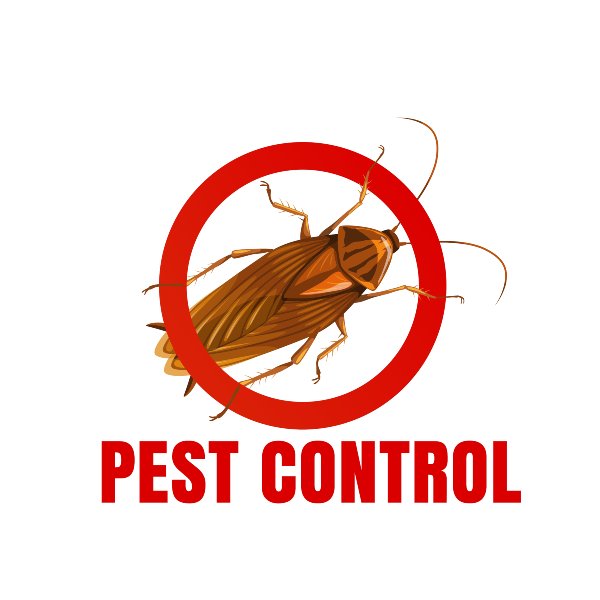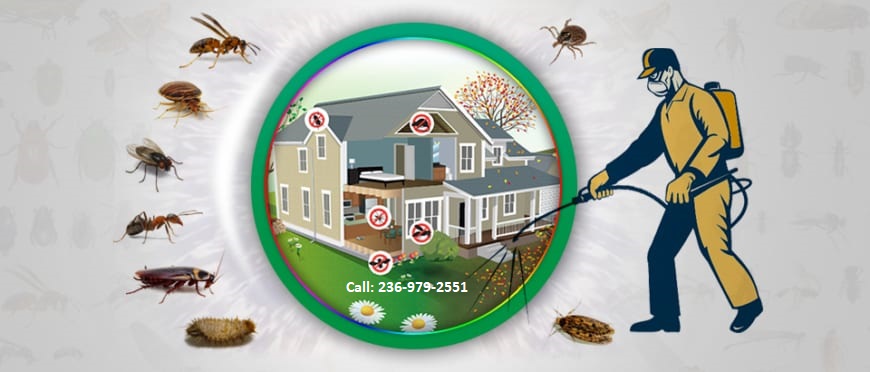Safe and Dependable Parasite Control for Lasting Security
Reliable insect monitoring requires a multifaceted approach that stabilizes eco-friendly stability with the need for efficient parasite reductions. The nuances of these techniques may not be quickly clear, triggering a closer exam of the techniques that can lead to sustainable pest control results.
Recognizing Insect Control Techniques
Insect control incorporates a range of techniques intended at managing and removing undesirable bugs and rodents that can intimidate both health and building. Recognizing these approaches is important for efficient parasite management.
The key groups of pest control techniques consist of mechanical, biological, and chemical methods. Mechanical techniques include physical barriers and traps to protect against pest access and capture undesirable types. For example, using screens on windows or employing sticky traps can significantly minimize insect populations without introducing damaging substances.

Chemical bug control is commonly one of the most identified approach, using chemicals to remove parasites. These chemicals can be reliable but must be utilized with care to prevent adverse impacts on non-target varieties and the environment.
Benefits of Eco-Friendly Solutions
How can eco-friendly remedies transform bug control methods? The fostering of environment-friendly pest control methods provides numerous benefits, significantly enhancing the efficiency and safety of parasite monitoring (exterminator coquitlam). Firstly, these remedies make use of natural components, reducing the reliance on harmful chemicals that can posture threats to human health and the atmosphere. This change not only protects families and family pets yet likewise decreases the capacity for dirt and water contamination.

One more advantage is the positive influence on local biodiversity. Environmentally friendly solutions are designed to target details pests while preserving advantageous pests and wildlife, promoting a balanced ecological community. This approach aligns with the expanding consumer need for lasting practices, improving the track record of bug control service providers.
Integrated Insect Management Strategies
The application of environmentally friendly solutions naturally brings about the adoption of Integrated Parasite Management (IPM) techniques, which further enhance parasite control efficiency. IPM is a holistic method that integrates numerous methods to take care of insect populaces while minimizing environmental effect. This technique stresses using organic, social, mechanical, and chemical controls, ensuring a balanced and lasting approach of insect monitoring.
One essential element of IPM is the extensive evaluation of pest activity and ecological problems. By monitoring insect populations and recognizing their life cycles, specialists can execute targeted interventions that interrupt the bug's environment or lifecycle, minimizing dependence on chemical pesticides. Furthermore, social practices such as crop rotation and habitat manipulation can considerably reduce insect facility and reproduction.
An additional vital part is making use of biological control agents, such as useful bugs or bacteria, which can normally subdue insect populaces. When chemical applications are required, IPM prioritizes using low-risk chemicals and uses them selectively, reducing exposure to non-target microorganisms and humans.
Incorporating IPM techniques not only boosts pest control efficiency however additionally promotes a more secure environment, aligning with the expanding demand for sustainable methods in insect administration.
Safe Practices for Property Owners
Understanding the significance of safe methods in parasite control can encourage property owners to successfully handle parasite concerns while safeguarding their wellness and the atmosphere. Implementing precautionary procedures and non-toxic methods is important in lessening exposure to harmful chemicals.
Property owners ought to initially examine their environment for problems that bring in parasites, such as standing mess, water, and food waste. On a regular basis cleaning and securing entry factors can discourage bugs from getting into the home. Utilizing natural deterrents, such as important oils or diatomaceous planet, can give reliable alternatives to chemical pesticides.
When chemical therapies are needed, property owners ought to select items that are particularly classified as safe for domestic use. It is vital to follow application guidelines diligently to prevent overexposure. Moreover, making use of targeted therapies in areas where bugs are determined, as opposed to blanket splashing, can dramatically lower chemical usage.
Finally, maintaining open communication with parasite control specialists is vital. Property owners need to ask about the safety and security of products made use of and demand environment-friendly alternatives whenever feasible. By embracing these secure methods, property owners can create a much healthier living setting while properly managing bug problems.

Tips for Long-Term Defense
Developing an insect administration method that emphasizes long-term defense can greatly boost the effectiveness of the safe techniques formerly talked about. To attain this, home my review here owners must execute normal inspections of their residential or commercial property, focusing on hidden locations such as attic rooms, basements, and crawl areas. Early discovery of parasite task is essential in protecting against problems from taking hold.
These practices lower attractants that draw parasites into the home. Securing access points, such as splits around home windows and doors, can properly obstruct potential insect gain access to.
Landscape design must also be thought about; keeping plants trimmed and keeping a range in between vegetation and the home reduces concealing places for parasites. Making use of all-natural deterrents, such as essential oils or diatomaceous earth, can further prevent infestations without considering harsh chemicals.
Lastly, collaborating with a specialist bug control service for regular examinations can provide an added layer of protection. These experts can provide tailored referrals and progressed treatments, guaranteeing that your home continues to be shielded against bugs in the long-term.
Final Thought
To conclude, trustworthy and safe pest control needs a complex technique that stresses eco-friendly methods and incorporated insect administration. By applying all-natural deterrents, carrying out routine evaluations, and maintaining appropriate cleanliness, homeowner can substantially lower bug populaces while protecting useful pests and the setting. Cooperation with specialist bug control solutions improves the effectiveness of these techniques, making certain customized services that give long lasting security and comfort versus future problems.
Reliable parasite management requires a multifaceted strategy that stabilizes eco-friendly honesty with the requirement for effective insect suppression. The adoption of eco-friendly insect control methods provides countless benefits, substantially improving the performance and security of parasite administration.The implementation of green options normally leads to the adoption of Integrated Pest Administration (IPM) methods, which better boost parasite control effectiveness. exterminator coquitlam. By monitoring pest populations and identifying their life cycles, experts can apply targeted treatments that disrupt the parasite's environment or lifecycle, reducing dependence on chemical pesticides.In conclusion, trustworthy and secure parasite control calls for a complex technique that emphasizes environment-friendly approaches and incorporated parasite management